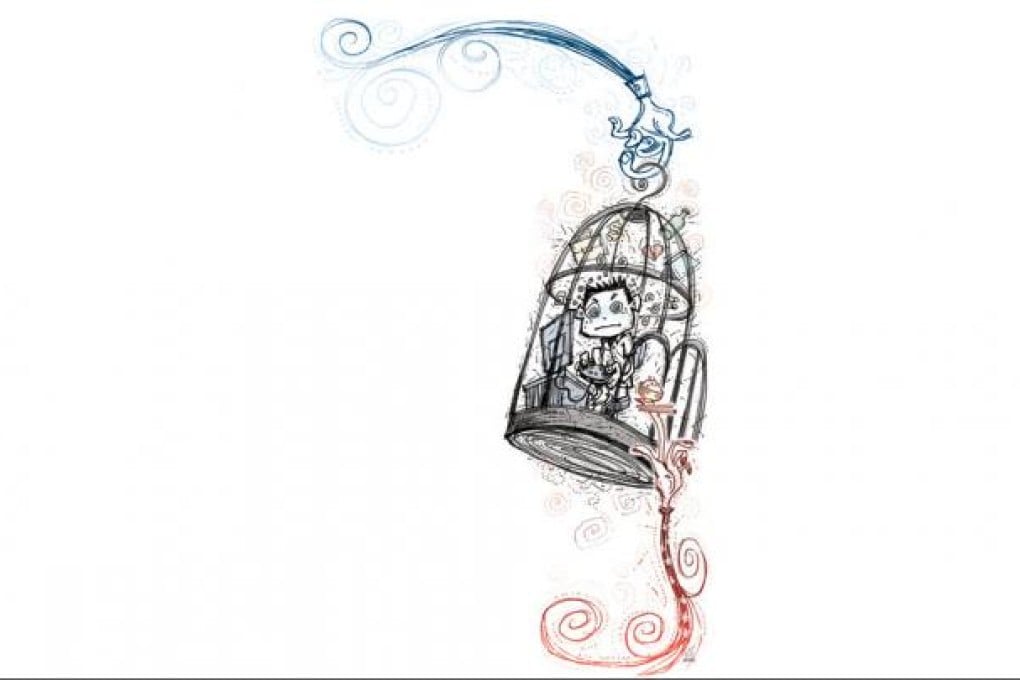Inside the caged world of Hong Kong's 'hidden youths'
Young Hongkongers are increasingly isolating themselves for long periods from their family, friends and society, demoralised by the challenges in life

With his sporty clothing, love of basketball and gentle yet firm voice, Louis Yip does not fit the stereotype of a reclusive secondary-school dropout.

While Yip - not his real name - has bounced back, enrolling at a new school, for a time he was a "hidden youth". The term is given to people who spend three months or more isolated from friends, family and society.
The phenomenon is on the rise in Hong Kong and has been associated with an array of personal and health problems, including violent crime.
Lack of job opportunities, difficulty in school and pressure from family are among the reasons for the trend - with Yip blaming many of his problems on the latter two factors.
"My parents would yell at me for very minor issues. I became afraid of everything, and feared trying anything new," Yip said. "I spent a lot of time playing video games so I didn't do my homework, and when I got poor grades, I lost motivation to study. It was a vicious circle."
He dropped out of school after Form Four but returned to his studies this academic year, while sport - he excels as a sprinter - is also keeping him occupied.